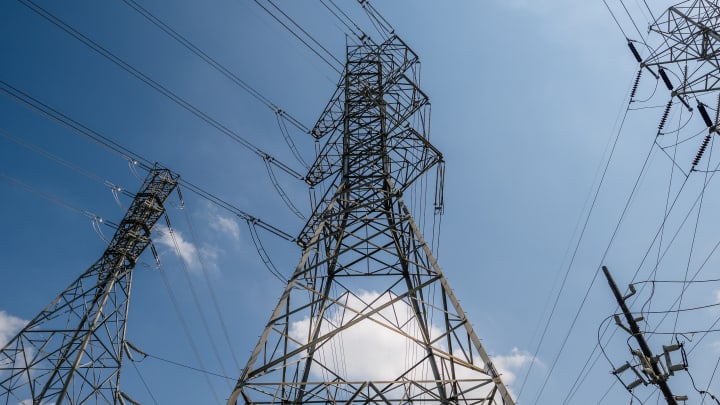
The Electric Reliability Council of Texas, or , has a relatively simple and mutually beneficial relationship with bitcoin miners. The agency, through established "demand response" programs, pays miners to reduce their power so as not to overstress the grid when air conditioners need to run at full blast. In addition to summer difficulties, ERCOT also failed during the fatal winter storm of early 2021.
For years, Riot has been powering down operations at its Rockdale mine , about an hour from Austin , to help ease the burden on the state's grid.
ERCOT has historically struggled with fluctuating energy prices and sporadic service, so it strikes deals with flexible energy buyers like crypto miners. The agency also counts on bitcoin miners to soak up excess power when there's too much supply, keeping prices in check.
Texas has made itself an ally to the bitcoin mining industry through credits, but the financial incentives hit a snag in early 2023. A bill to cut off the mining industry from those credits – SB 1751 – passed the Texas State Senate in April, but ultimately stalled out in a House committee.
Instead, state lawmakers passed two mining-friendly bills expanding incentives and cutting red tape for the industry. Those went into effect on Sept. 1.
The economic equation revolves around how much money the miners are losing by not being up and running. If the grid operators pay the miners a penny more than they would have made from mining in any given hour, then they'll gladly power down.
"All you have to do is pay the miners slightly more than what they would have made mining for bitcoin that hour," said bitcoin mining engineer Brandon Arvanaghi, who now runs Meow, a company that enables corporate treasury participation in crypto markets. Arvanaghi calls the setup a "a win-win."
Marathon's Fred Thiel previously told CNBC that from his experience, the companies get curtailment requests less than 3% of the time in the course of a year, which he estimates comes to about five to ten hours a month. Even bitcoin miners that haven't cut a deal with ERCOT sometimes choose to power down at times of peak consumption when prices shoot higher.
Unlike the rest of the continental U.S. that belongs to one of two interconnected grids, 90% of Texas runs on ERCOT, a deregulated and independent network of energy providers that's not tethered to any other grid in the U.S.
While competition in the market often drives down the price of power as providers compete on cost to capture customers, it also means that there's less of a safety net baked into the grid. Adding a "controllable load resource" like bitcoin miners to the grid acts as a sort of life insurance policy, or a hedge against disaster.
WATCH:




